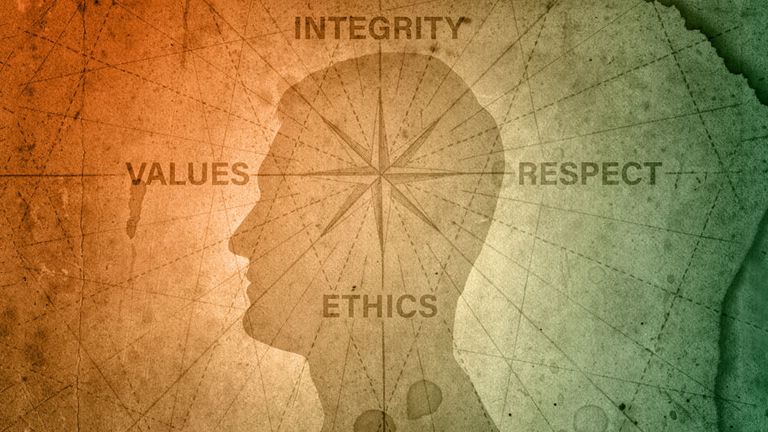Whether you're trying to understand your own personal morals, or want to know what others think about a given issue, understanding the true definition of morals can help you make the right decisions. While the definition may vary from society to society, it's important to be aware that there is a lot of variation in the content of different moral codes. For example, you can be morally good if you're charitable, but you can also be immoral if you break the law. However, you can't be amoral if you're not charitable.

In the natural law tradition, the concept of morality is defined as a set of rules that have their source in God. According to this view, all rational persons know what morality prohibits and what it allows. They also recognize that a moral code would require that people refrain from harming other people without reason.
Religions often use stories to justify behavior that is prohibited by morality. For example, stealing food in order to avoid starving to death is not a morally bad thing. In addition, religions often recommend that people do things that are forbidden by morality, such as killing.
In some small, homogeneous societies, all members agree on a common code of behavior. However, in larger, heterogeneous societies, there is a wide range of codes that people may accept or reject. Some societies put forward conflicting guides, and people who follow them would consider those who didn't follow them to be immoral.
Some people define morality as a behavioral code that all rational persons would endorse under certain circumstances. For instance, Mill's normative account of morality held that morality is a set of rules that prevents harm. Sprigge's account holds that morality is a set of rules by appropriate praise and blame.
The Natural Law tradition, based on the works of Thomas Aquinas, also believes that moral laws have their source in God. This is in contrast to the Divine Command theories of morality, which rest on natural law theories. In the Natural Law tradition, the rationality of morality is believed to derive from the practical rationality of God.
Some theorists, including Bentham, Mill, and Skorupski, hold that morality is an actual, objectively valid code of conduct. Other theorists, such as Darwall, Wong, and Gert, believe that morality is a set of rules derived from an evolved capacity to understand the social consequences of action.
While all of these theorists agree that there is a code of conduct that exists, their definitions of morality vary substantially. Some focus on preventing harm, while other theorists emphasize loyalty and purity. Other theorists, such as Churchland, argue that there is a distinction between what is and what ought to be. Many of these theorists have also argued that there is no unique answer to the question of the true definition of morals.
For example, Scanlon's account of morality holds that it is a set of rules that are to be justified to other persons. While this account is relatively similar to Sprigge's, it emphasizes the social nature of morality. Similarly, Darwall's account focuses on the importance of second-personal reasons for morality.
Follow the Golden rule …